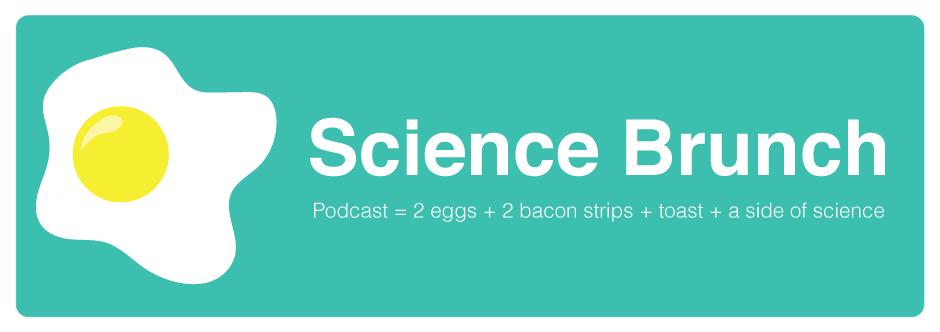Monday, August 21, 2017
Episode 30: Science News Roundup
For our Season 3 Finale, we talk recent science news: lefty snails, fossil digs, DNA-as-data-storage, artificial wombs, and (eventually, maybe) de-extincting humans!
Monday, July 17, 2017
Episode 29: Percy Lavon Julian
You may have never heard of him, but African-American chemist Percy Lavon Julian is the guy you should thank for your hormonal birth control.
And life is just better when nerds name things!
And life is just better when nerds name things!
Wednesday, July 5, 2017
Episode 28: Mary Agnes Chase
Mary Agnes Chase struggled to begin her career in botany, so when she finally made the big time, she turned around to help other women and minorities succeed in the field.
And an early bird gets encased in amber to advance scientific knowledge 99 million years later.
And an early bird gets encased in amber to advance scientific knowledge 99 million years later.
Monday, June 19, 2017
Episode 27: Carl Linnaeus
Botanist Carl Linnaeus had a noble goal: to create a new standardized system of naming all living creatures on the planet. But he was only human, after all, and couldn't resist immortalizing his enemies' names in some of the gross stuff he found in nature.
And we talk elephant seals -- once valued for their blubber, now valued for their hilarious sound effects.
And we talk elephant seals -- once valued for their blubber, now valued for their hilarious sound effects.
Monday, June 5, 2017
Episode 26: Margaret Mead
Margaret Mead traveled the world to study and compare different cultures, in a quest to find out which parts of us are driven by nature and which by culture.
And who doesn't appreciate a horrifying parasite story?
Monday, May 1, 2017
Episode 25: Richard Feynman
Richard Feynman was a brilliant theoretical physicist who won a Nobel Prize and inspired his younger sister to a career in STEM, but is he worthy of hero worship?
And speaking of heroes -- we get a chance to hear from the subject from one of our past episodes :)
And speaking of heroes -- we get a chance to hear from the subject from one of our past episodes :)
Monday, April 17, 2017
Episode 24: Sálim Ali
"Birdman of India" Sálim Moizuddin Abdul Ali spent nearly 80 years observing and documenting hundreds of bird species in India, yet he considered his research merely the first step in the work needed.
And Neandrathals didn't floss, which turned out super great for the researchers studying them today.
And Neandrathals didn't floss, which turned out super great for the researchers studying them today.
Subscribe to:
Posts (Atom)
